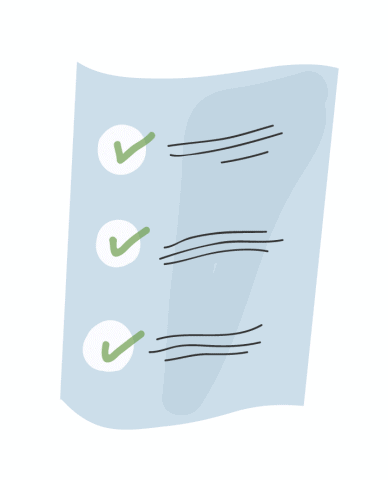A new volunteer-focused resource is in development by the University of Saskatchewan to validate undergraduate students’ extra-curricular work. Currently, co-curricular records are available to students in the colleges of Arts and Science and Education, but they are set to extend to other colleges in the coming years.
CCR are a personalized summary of learning activities that are endorsed by the university, which means students who participate in volunteering, experiential events and some training activities will now be officially recognized for their efforts outside of the classroom.
CCR was introduced as a pilot project during the 2016-17 academic year for the College of Education. Russell Isinger, university registrar at the U of S Student and Enrolment Services Division, discusses the feedback received from students during the pilot project.
“The feedback we’ve gotten has been pretty much universally positive,” Isinger said. “The education students are very excited about it.”
It is currently unknown when this service will launch for specific colleges, but Isinger explains that students outside the College of Education can look forward to seeing this program available in the future.
“I think we’ll probably go in stages,” Isinger said. “I think we’ll get quite a few going this upcoming term and some [going] later on, but I think all [colleges] are going to start this program in the next few years.”
The U of S Students’ Union has already been actively working to support this program. Jessica Quan, vice-president academic affairs at the USSU, speaks about how she is working to have student volunteering in the USSU centres recognized on CCR.
“We’re in the process of implementing CCR for volunteers directly involved in the union. This includes USSU centre volunteers, student councillors and committee members. A directory of opportunities within the USSU to get your volunteer work recognized on your CCR can be found on our website. This is a pilot project, and we hope to eventually roll this out to account for ratified student groups,” Quan said, in an email to the Sheaf.
Student volunteering through the USSU cannot be retroactively added to CCR, but in the future, the USSU will advertise which events are eligible.
A wide variety of learning activities are accepted for validation through the CCR program, including volunteer work or community service and even some other activities, such as conferences and first-aid training. According to Isinger, there is a lot of flexibility in what will be included on these reports.
“It’s not just up to the colleges to identify activity,” Isinger said. “Students can also send to the colleges the activities that they are participating in, and then the college can review it and say whether or not it is [an] appropriate activity.”
The software used for CCR is user friendly, and students can update their record online at the U of S website in a matter of 10 to 15 minutes, depending on how quickly staff can approve these changes.
Quan explains that this resource may motivate students to get involved directly in volunteering around the campus and in the broader community, as the university now provides a tangible report for their co-curricular work.
Isinger and Quan both note that this service can be utilized by students to further their employment and academic goals.
“Employers recognize that students can’t be defined by their grades alone,” Quan said. “By taking initiative to give back to your community or by participating in workshops, this speaks volumes about your character and leadership qualities, and these are things that your grades can’t speak towards.”
—
Kay-Lynne Collier
Graphic: Lesia Karalash / Graphics Editor
Leave a Reply